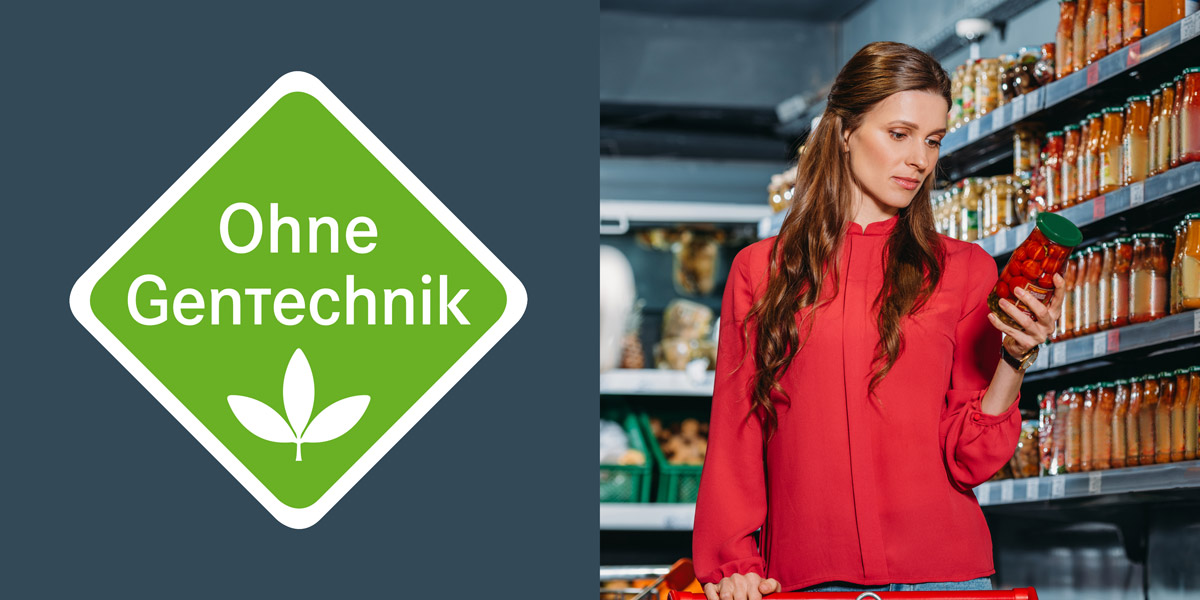
Demands safeguarding of GMO-free production
Seventy-five non-GMO food and feed companies from 10 European countries have welcomed in an open letter to Commission President Juncker and Health Commissioner Andriukaitis the clear legal objectives resulting from the 25 July 2018 judgement of the European Court of Justice (ECJ) on new genetic engineering methods. They call on the EU Commission to swiftly implement the measures required as a result of the ruling to safeguard GMO-free production in Europe. The signatory companies, including the retailers Edeka, Rewe and SPAR, generated sales of 144.2 billion Euros in 2017 and employ 833,000 people.
The companies call on the EU Commission to ensure the protection of the European internal market against products manufactured outside Europe using new genetic engineering methods. It must ensure that detection methods are available for products manufactured using the processes of new genetic engineering. It has to guarantee labelling, traceability and effective controls for the import of agricultural goods from the countries where plants produced with new genetic engineering methods are cultivated. In addition, a global transparency register is proposed which would cover all genetically modified organisms (GMOs) worldwide, both old and new.
The EU Commission must put a stop to the current lobby attempts to soften the existing EU GMO legislation: "Europe does not need a new EU GMO legislation. Europe needs a proper implementation of the current EU GMO law," Heike Moldenhauer states for the signatories. "The ruling of the European Court of Justice speaks an unequivocal language: The processes of new genetic engineering are also subject to EU GMO legislation. The precautionary principle, risk assessment and labelling obligation therefore apply without restriction.“
With a softening of EU GMO legislation, food and feed produced with new genetic engineering processes would come onto the market untested and invisible to manufacturers, marketers and consumers. "By no means do we want to unwittingly put GMOs into circulation and thus endanger the high level of confidence of consumers in our controlled GMO-free products. Therefore, a reliably functioning traceability, with valid systems for verification procedures, is indispensable for us," the companies explain in their open letter.
"Non-GMO" is an important European quality standard
Non-GMO food and feed production has become an important European quality standard and market factor. The ECJ ruling contributes to securing substantial investments in certification processes and enables further growth.
Currently, seven EU countries have "non-GMO" labelling systems and other countries are planning to introduce them. Germany and Austria are the front-runners in the European market. In 2018, the companies organised in the German association food without genetic engineering (VLOG) will generate sales of more than seven billion euros with more than 9,000 products marked with the "Ohne Gentechnik" ("Without Genetic Engineering") seal. The member companies of the Austrian ARGE Gentechnik-frei achieve an annual turnover of around 1.5 billion euros with more than 3,500 products. In Germany, 50 percent of milk, 60 percent of poultry meat and 70 percent of eggs are produced "non-GMO". In Austria, the entire milk and egg production (since 2010) and all poultry (since 2012) are "non-GMO".
The non-GMO label gives consumers freedom of choice, especially for animal products, which they otherwise would not have due to a gap in EU law. Only genetically modified feedstuffs are subject to labelling, but not the products derived from them, such as milk, meat and eggs. Products from agriculture and food production manufactured "non-GMO" are based on comprehensive certification processes, which involve considerable logistical and financial effort.
See the open letter and the signing companies:
http://www.ohnegentechnik.org/fileadmin/ohne-gentechnik/dokumente/English_Open_Letter_EU_Commission_28102018_final.pdf